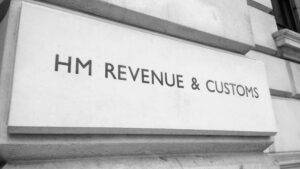New figures released by HM Revenue & Customs (HMRC) reveal that the ‘VAT gap’ – representing the disparity between the VAT theoretically owed and the amount actually collected by HMRC – has reached £8.6 billion for the fiscal year 2022/23.
This marks a significant 13% increase from the £7.6 billion VAT gap recorded in the previous fiscal year of 2021/22.
Sean Glancy, Partner at the national accountancy group UHY Hacker Young, offered the following insights: “An £8.6 billion shortfall in revenue from a single tax is substantial – almost equivalent to the reduction of an additional 2p off National Insurance contributions. It raises critical concerns regarding HMRC’s effectiveness in pursuing those who are underpaying VAT. We should anticipate a more rigorous compliance effort from the tax authority, actively pursuing unpaid dues.”
“The under-reporting of income by struggling small businesses to mitigate their VAT liabilities likely plays a significant role. With small businesses grappling with escalating costs, elevated interest rates, and dwindling consumer expenditure, there’s a heightened temptation to circumvent the system.”
“Additionally, HMRC’s significant under-resourcing exacerbates the problem. Many businesses face rejection of their VAT registrations, necessitating a cumbersome re-registration process with HMRC. This bureaucratic hurdle is compounded by sluggish responses from HMRC. Businesses unable to register for VAT effectively cannot settle their VAT obligations, contributing to the dysfunctionality of the system.”
“If HMRC aims to narrow the VAT gap, it must allocate more resources to expedite the processing of business registrations.”
Read more:
HMRC Reports VAT Gap Increases to £8.6 Billion – a 13% Rise Compared to Previous Year

